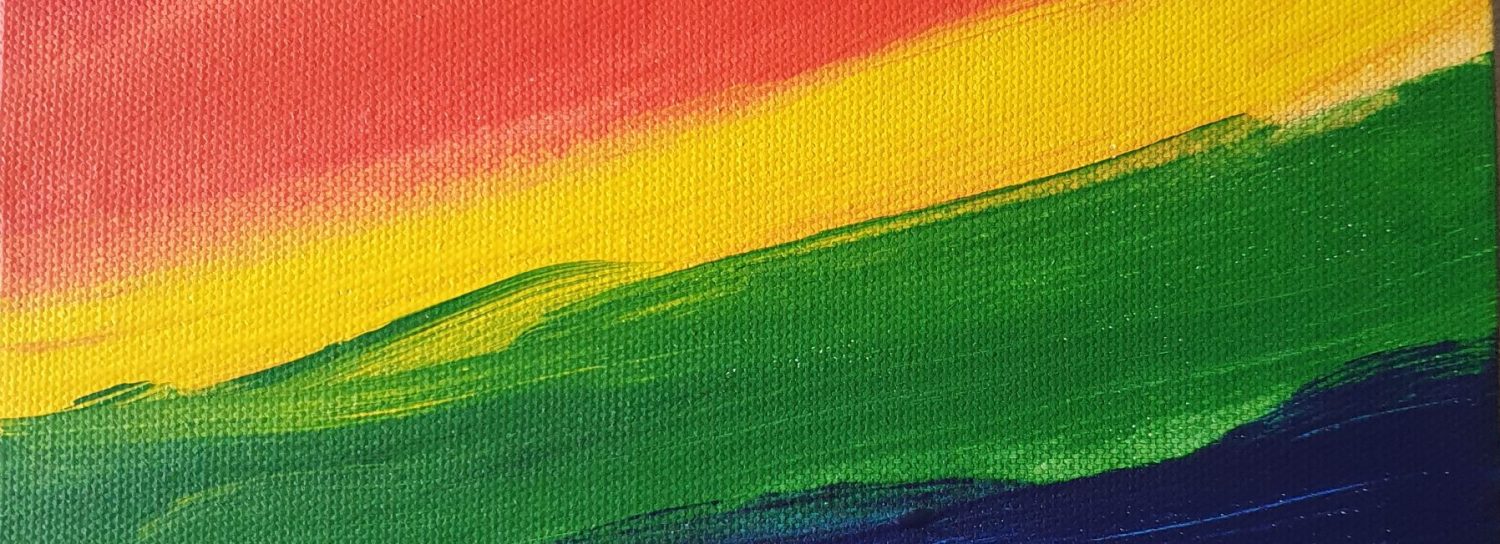I also support “equal marriage” and “same-sex marriage”. I do not support “gay marriage” because that excludes the bisexuals, trans* and intersex individuals that want to marry a same-sex partner. I am also really sick of reading about “gay marriage” in Fairfax publications. Today’s two articles:
MP changes view on gay marriage
…
Despite Mr Gray’s change of heart, it remains almost certain that the vote on two private members bills seeking to legalise gay marriage will fail.
The opposition has banned a conscience vote and all MPs and senators have been told to vote against gay marriage.
…
One member of the Left – who holds a marginal seat supports gay marriage but has yet to decide how he will vote – was eager for the vote to be held sooner given the level of emotion it was sparking on both sides of the debate. [emphasis added]
and the second:
Labor to fast-track gay marriage vote
Labor is trying to bring gay marriage to a parliamentary vote sooner rather than later — probably in August — to prevent it diverting attention from other issues and causing the government continuing grief. [emphasis added]
And over the past few days:
Tuesday: Gay marriage debate brought forward
Monday: Greens want conscience vote on gay marriage & Churches lay down law on gay marriage as vote nears & House to debate gay marriage bills
Sunday: Wong says gay marriage will come & MPs abused over gay marriage & Pro-gay marriage MPs get hate mail
I’ve already written about how “gay and lesbian” is not an umbrella term, clearly this is something that Fairfax have failed to grasp, and it is very disappointing. Every time Fairfax writes about “gay marriage” they are excluding bisexuals, trans* and intersex people who want to marry their same-sex partner. Every time Fairfax writes about “gay marriage” they participate in the continued erasure of bisexuals, trans* and intersex people and their same-sex relationships. Every time Fairfax writes about “gay marriage” bisexuals, trans* and intersex people see another article that is not for them and they potentially lose audience.
The most disappointing thing is that many of the quotes used in the articles above from various institutions and individuals, refers to “same-sex marriage” or “marriage equality” or even “equal marriage”. It’s Fairfax that are going out of their way to refer to the campaign for marriage equality as “gay marriage” not the people or institutions they are speaking to. This really makes no sense to me.
I don’t buy the “well it’s shorter than ‘marriage equality'” because they’re not limited in characters. I don’t buy the “well everyone knows what ‘gay marriage’ is but the other terms are confusing” argument, because the individuals and institutions they’re quoting are using “same-sex marriage” etc, and clearly people understand what that is. I honestly believe that Fairfax are being lazy and cannot be bothered being inclusive. This does effectively mean that Fairfax are not interested in maintaining an audience of bisexual, trans* and intersex individuals, because they’re not catering to them. Now I know Fairfax can do better, and I’m happy to take them through an inclusive of the bisexual, trans* and intersex community 101 if necessary, though I will not speak on behalf of the trans* or intersex community, but can happily point them at resources.
